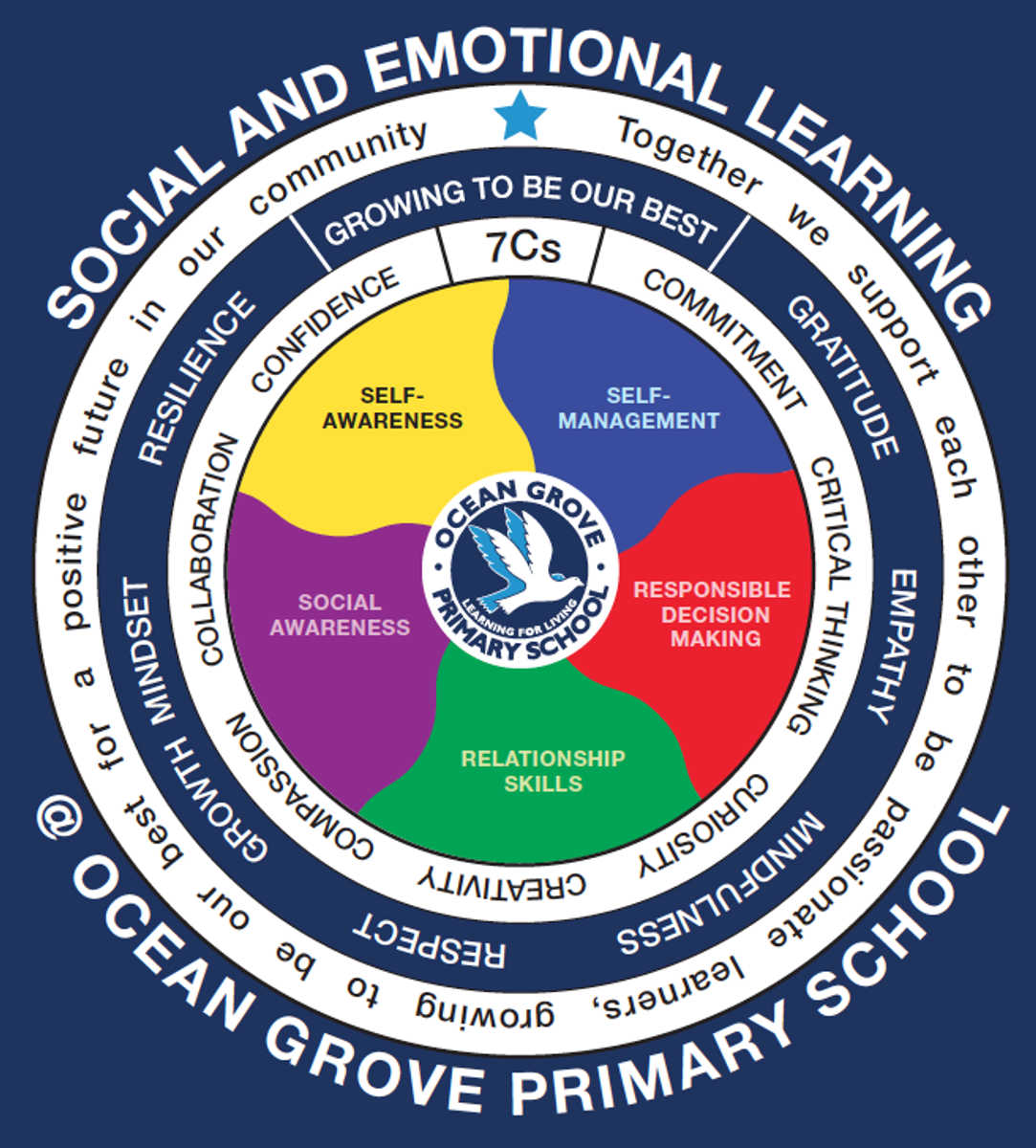Mental Health And Wellbeing Leader

Anxiety
Dear Families,
Recently I read a short article about addressing anxiety that I thought may be helpful to you. I thought that I’d share some of it with you, so here it is….
Addressing child anxiety: Discourage a ‘pattern of avoidance’
Absenteeism and anxiety are rising rapidly. A psychologist discusses the need to train kids to face anxiety, rather than accommodate it.
Published 07 Aug 2023
ANXIETY IN children has skyrocketed over the last decade. It’s been a significant concern since well before 2020, and the COVID-19 pandemic and Australian bushfires have done nothing to ease the trend. According to Australian Catholic University research, 93% of school leaders say anxiety in children is the biggest concern they have for their students. They also note that anxiety is having a major impact on school absenteeism in children as young as six. How do we combat this, and what role do parents play? Michael Hawton, registered Australian psychologist and trained teacher, says significant adults will too often accommodate a child’s anxiety rather than encouraging them to face up to life’s normal stresses. This results in well-intentioned parents inadvertently making the problem worse, particularly when they allow a pattern of avoidance to develop.
“Absenteeism is becoming quite a big issue in Australia, and it’s been increasing over a period of time,” Hawton tells The Educator. “I think any anxious child is going to pull on the heartstrings of mum and dad, and it can be tricky for parents who want to be kind and caring. I think absenteeism is really a parenting issue, and once you get into the pattern of allowing your child to stay home, parents can find themselves in a difficult situation as the habit becomes more entrenched.” Hawton notes that with widespread lockdowns, COVID-19 may well have set the scene for a lot more kids to stay home. It’s also understandable that parents didn’t want to be too hard on their kids during that time. However, ‘getting back to normal’ should mean setting normal expectations around going to school, even in the face of some anxiety. He says the gold standard in parenting is ‘warm and firm’, though parents are increasingly finding it quite hard to be firm and set reasonable expectations for their children.
“Parents should recognise that in a loving and caring relationship, having that little bit of distress around a normal challenge isn’t going to harm them,” he says. “You’re not being mean by expecting that your children will face up to life’s stresses, and if kids don’t get practice, they simply won’t learn to do that independently.”
Avoiding avoidance: How to prevent a pattern from developing:
If a child resists going to school, what should parents do? Hawton says the first step is to draw a clear line in the sand: “I go to work, and you go to school. Unless you’re really sick, that’s the deal.”
He says parents need to have high expectations of their children in this sense, and to emphasise that going to school is a normal thing. They can also acknowledge that it’s difficult sometimes, and there will be days when they don’t feel completely confident – and that’s OK. However, the answer is not to avoid doing the thing you need to do. “We know that the benefits of going to school are really significant,” Hawton says. “Kids learn a lot about social relationships, getting on with people, and all of the things that go along with that. Emphasising the benefits while setting expectations can be really effective.”
Here is the link to the whole article.
Enjoy the rest of your week.
Andy McNeilly
Mental Health and Wellbeing Leader

